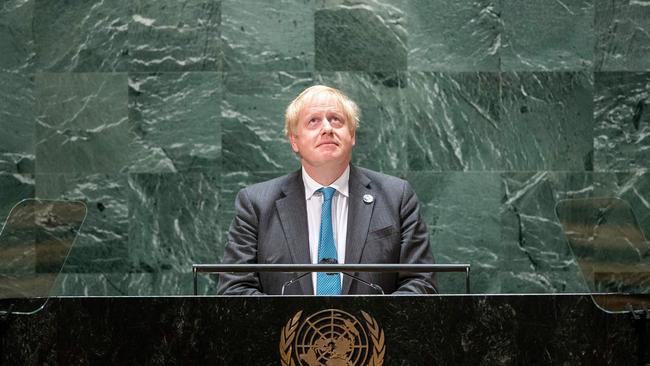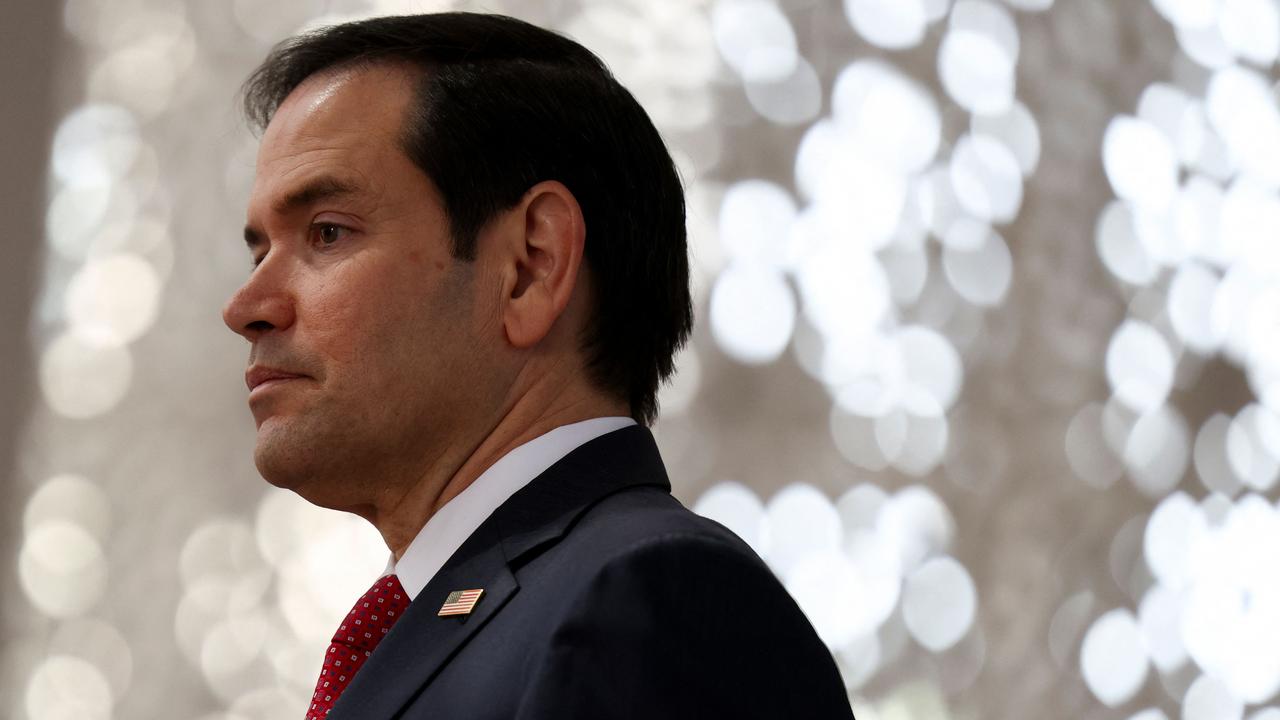
You have to hand it to British Prime Minister Boris Johnson – he has a fine turn of phrase.
When asked to explain the recent surge in natural gas prices in Britain and Europe, he replied that the current difficulties were simply the result of “everyone putting the kettle on at the end of the TV program”.
What he meant by this was that the easing of Covid-related restrictions in Britain and Europe had led to much higher demand for natural gas, thereby pushing up prices which, in turn, had resulted in higher electricity prices. Gas prices have quadrupled this year alone.
According to Boris, “the guy ropes are pinging off Gulliver and it’s standing up, and it’s going to take a while for the circulation to adjust”. In other words, he expects the problems to be temporary and there is nothing for ordinary folk to worry about, even as the cooler weather sets in.
Without doubt, there are some short-run factors that have contributed to the problems facing British electricity consumers.
Much lower wind this month caused by unusual wind patterns, a fire affecting one of the electricity interconnectors between France and Britain, and soaring gas prices, which may or may not stay high, have been associated with large spikes in the wholesale electricity price in the UK.
Were it not for the capacity market that exists in that country – similar to the one being proposed for the east coast National Electricity Market here – there easily could have been power blackouts in Britain. An old coal-fired plant in the UK had to be brought into operation, in part to fill the shortfall.
Another way of analysing the crisis affecting the electricity market in Britain, however, focuses on several enduring problems in the sources of affordable and reliable electrons. Britain has been blessed by relatively cheap natural gas from the North Sea. Like our Bass Strait, this source of energy is now running low.
Norway also has been an important supplier to Britain. But in recent times the marginal supplier of natural gas to Britain has been Europe which, in turn, means Russia. As every student of economics understands, it’s the marginal supplier that determines the price.
To be sure, Britain also generates electricity via wind, nuclear and the burning of biomass (some of which is sourced from Australia). But there is expected to be a net diminution of nuclear power – up to 2.5 gigawatts less – in the near future unless the government takes action.
To understand what is happening in the British electricity market, it is necessary also to understand what is happening in European, indeed global, gas markets. Russia has been restricting the amount of gas it supplies to Europe to its contractual minimums.
And with the construction of Nord Stream 2 – the pipeline from Russia that bypasses Ukraine and Poland – now completed, Russia is keen to extract favourable terms from Germany in respect of the final approvals required. In the meantime, the stored gas supplies held by several European countries are atypically low.
In the case of Britain, there effectively is no stored gas because the one facility, Rough, that fulfilled this role was decommissioned on safety grounds.
The decision was taken, and approved by HM Treasury, that Britain always could source gas from Europe, so there was no need to replace Rough. This is looking like a risky call.
Around the world, prices for natural gases are spiking. For instance, prices in Asia have increased by 175 per cent this year. They also are rising in the US, with demand from several South American countries increasing strongly as drought has affected the amount of hydro-electricity that can be generated.
There is every possibility that the market will retreat somewhat in the near future, although with the oncoming cooler months in the northern hemisphere and the lack of stored gas in Europe it seems likely that high gas prices will persist for some time. With China now a customer of Russian gas, the Russian government has the capacity to secure lucrative deals from European countries.
At this stage, Boris must be hoping he is correct in his views that the problems facing the British electricity system are merely short term and that the ongoing decarbonisation of the electricity system must continue.
Similarly, he must hope that gas prices quickly begin to abate.
Mind you, some of the problems are already locked in. The electricity price cap, introduced by Theresa May when she was prime minister, has proven a mixed blessing. Designed to protect consumers, the net effect is to delay slightly the translation of higher wholesale prices to retail prices as well as contribute to the rapid exit of suppliers/retailers in the event of rapidly rising wholesale prices.
Next month, default electricity prices will rise by 12 per cent. Another substantial increase is expected in six months. There had been about 70 suppliers/retailers, many of them very poorly capitalised and without any hedging in place. Several already have been forced out of business and customers of the failed firms will be shifted to other suppliers although previous customer deals will not necessarily be honoured.
While following the general line dictated by the Prime Minister, British Business, Energy and Industrial Strategy Secretary Kwasi Kwarteng is not quite as sanguine. He recently declared: “It is a worrying time for businesses and consumers and we are working hard to manage the impact of global gas price rises.”
Two UK fertiliser plants owned by US company CF Industries were shut temporarily because of the high gas prices. Fertiliser plants provide CO2 required for the humane killing of animals, cold storage of food, frozen food transportation and soft drink manufacturing.
The British government has been forced to step in to subsidise the resumption of these plants to ensure an adequate supply of CO2 – which is ironic given Britain’s almost Messianic role in climate change policy.
The bottom line of these developments is that they provide an unfortunate backdrop to the upcoming COP26 conference in Glasgow where Boris hopes to convince world leaders that it’s actually “easy being green” and all it takes is for these leaders to act like “grown-ups” – words from his recent address to the UN.
They also raise some serious question marks about the “electrify everything” strategy – think domestic heating, road transport – when the system is struggling to meet current demand reliably. There are similar issues facing Australia.



